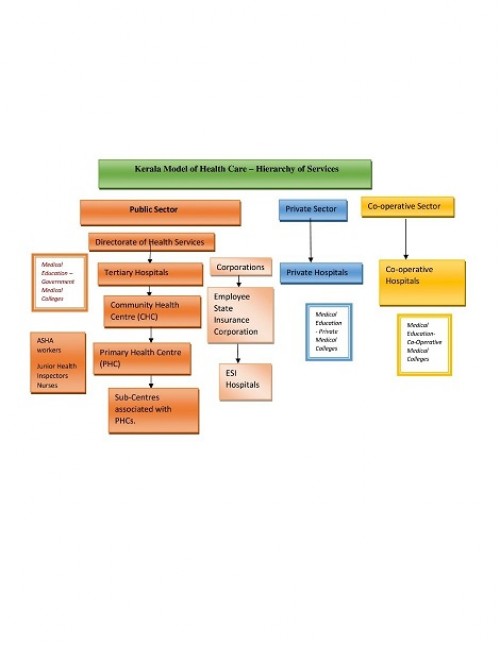Dengue epidemic – knowledge gaps and its mending in Kerala, India
Author(s): Parvathy Krishna Krishna Pillai Sathidevi
Abstract: Dengue fever is considered a pandemic-prone disease that is viral in origin and affects around 50-100 million people worldwide, according to the statistics published by the World Health Organization (WHO). It affects both urban and rural areas, with a very pronounced rate of annual incidence in the South-Asian region. The state of Kerala, in India, is an identified dengue-prone area due to being in the South-Asian zone and presents great potential for evaluating the disease incidence and complications associated with its attack. Being a globally affected viral disease with no widely-accepted and available vaccination to prevent the disease and only treatments that focus on symptom management, dengue epidemic demands urgent attention. An effective and sustainable knowledge translation initiative that educates the at-risk population to reduce the risk of the epidemic and promote preventative measures to avoid contracting the disease by considering the socio-economic challenges associated is very much vital.
 Fig.:
Fig.: Kerala Model of Healthcare and service hierarchy
How to cite this article:
Parvathy Krishna Krishna Pillai Sathidevi. Dengue epidemic – knowledge gaps and its mending in Kerala, India. Int J Mosq Res 2017;4(1):19-22.



